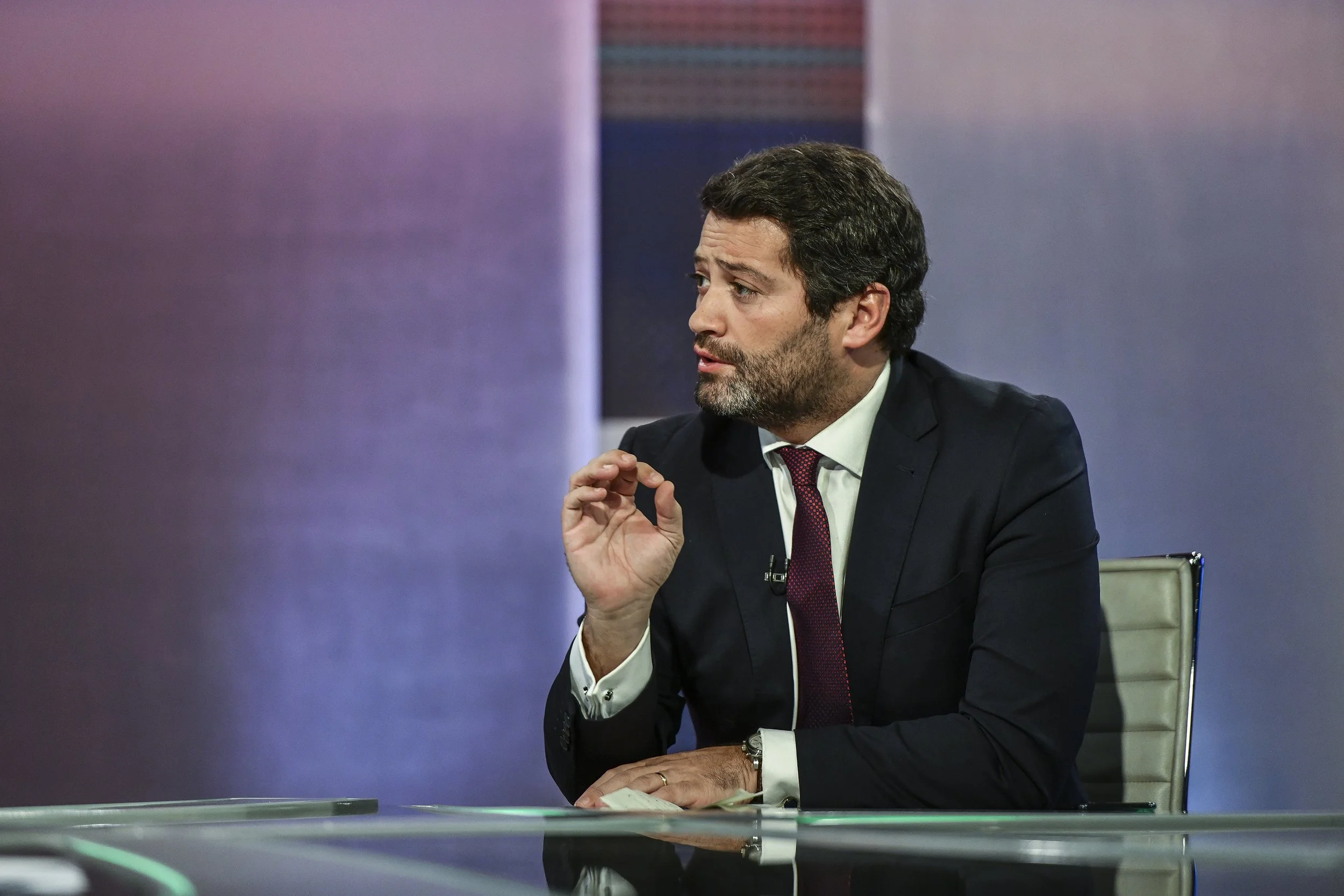Central-Right Wins Slim Majority in Portugal While Far-Right Gains Big
Far-right Chega leader André Ventura won 50 seats in Portugal’s elections on March 11, shaking up the two-party system that has been in place for decades. (Flickr).
Democrat Alliance (AD) leader Luís Montenegro was named Prime Minister of Portugal on March 19 following the snap elections on March 11. AD will be forming a minority government and facing harsh opposition from the far-right Chega party. The Chega party won big during the elections, quadrupling its seat count, a change already shaking up Portuguese politics.
According to BBC, the election followed the resignation of the previous prime minister, António Costa, amid corruption allegations in November. The investigators were investigating possible corruption in the handling of government-appointed energy projects but ended up arresting the prime minister’s chief of staff, which began an investigation into the rest of Costa’s cabinet. stated NPR. While Costa himself was never arrested, he stepped down from his position as Socialist Party leader and prime minister. President Marcelo Rebelo de Sousa decided to call for general elections following the scandal.
Corruption has been a problem in Portugal for many years, with 93 percent of people in Portugal—the third highest percent in Europe—currently believing corruption to be widespread, documented CNN. This seems to have been the final straw for many Portuguese voters. Additionally, as NPR reported, Portugal has faced multiple economic problems in recent years, including a housing crisis from the high cost of rentals and low salaries for much of the population. The far-right Chega party, which means “enough” in Portuguese, campaigned on fixing many of these issues, along with taking a harsher stance on immigration and prison sentences.
André Ventura, the head of Chega and a former soccer analyst, formed the party five years ago, according to BBC. He was a councilor for the center-right before leaving the party to form his own. Ventura has been accused of xenophobia and racism, especially by Montenegro in his victory speech. Montenegro has repeatedly stated he refuses to work with Ventura, but he may find it difficult to keep this vow during the tight votes in the upcoming months.
AD won 80 of the 230 seats in the Portuguese parliament, the most of any party, wrote the Guardian. The incumbent Socialist Party came in close second with 78 seats. The biggest surprise of the night was Chega’s victory of 50 seats. CNN reported that Chega won nearly 1/5 of the vote, which was a huge increase from the 12 seats it won in the last election. Since the end of dictatorship in Portugal in 1974, the Socialist Party and the center-right Social Democratic Party, the main party part of the Democratic Alliance, have passed parliamentary power back and forth. After the recent elections, neither major party was able to gain a parliamentary majority of seats. BBC reported that Ventura announced “this is the night that two-party rule ended in Portugal.” However, Montenegro has refused to form a coalition with Chega and instead formed a minority government, stated the Guardian.
While Montenegro became prime minister without Chega support, he will have trouble passing bills through Parliament without a majority coalition, stated Al Jazeera. AD will need to make individual deals with Chega and the left to pass any legislation. His first test will be passing the national budget later this fall, wrote the Guardian. If he cannot get support from Chega or the Socialist Party, new elections will be held. This could spell trouble for the center parties, as Ventura has warned that if AD refused to work with Chega, voters would blame AD for the political instability. Montenegro now faces mounting pressure from MPs within his party to form a deal with Chega to create a stable government.

